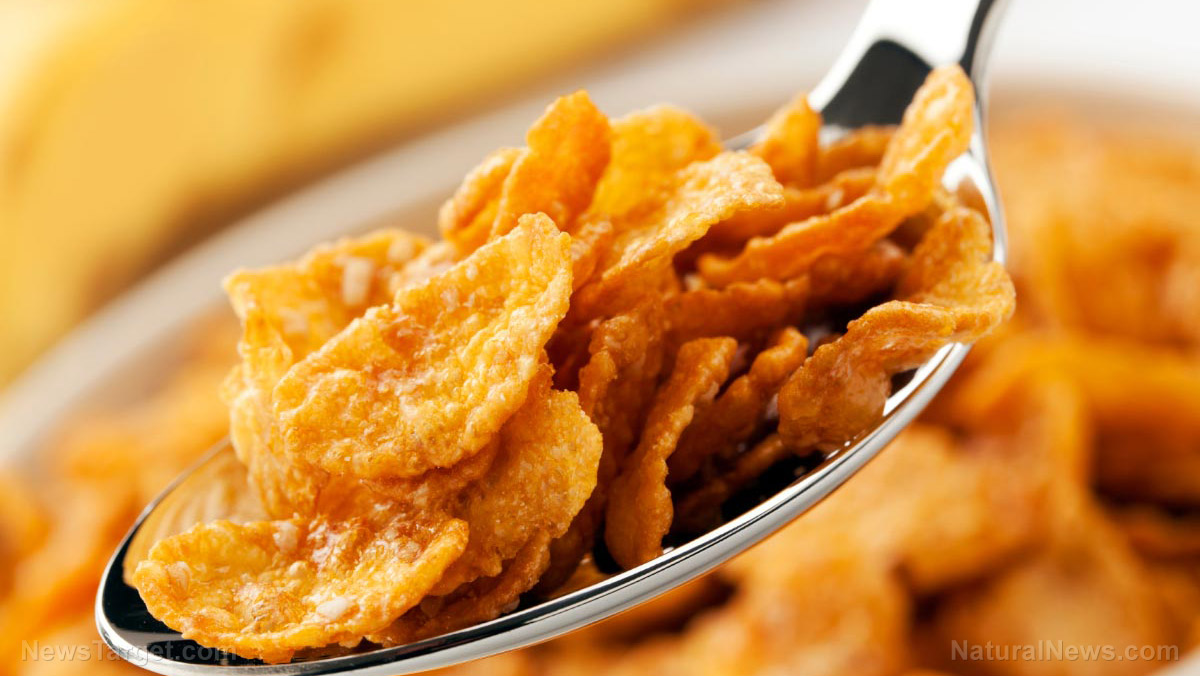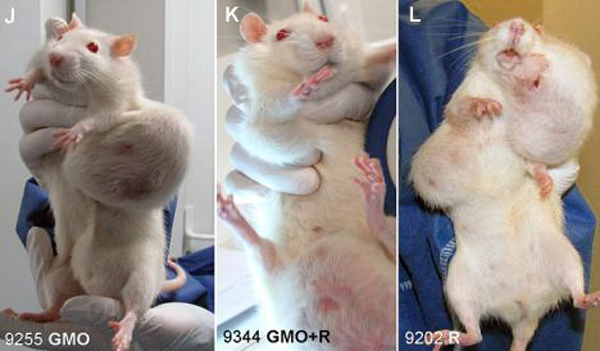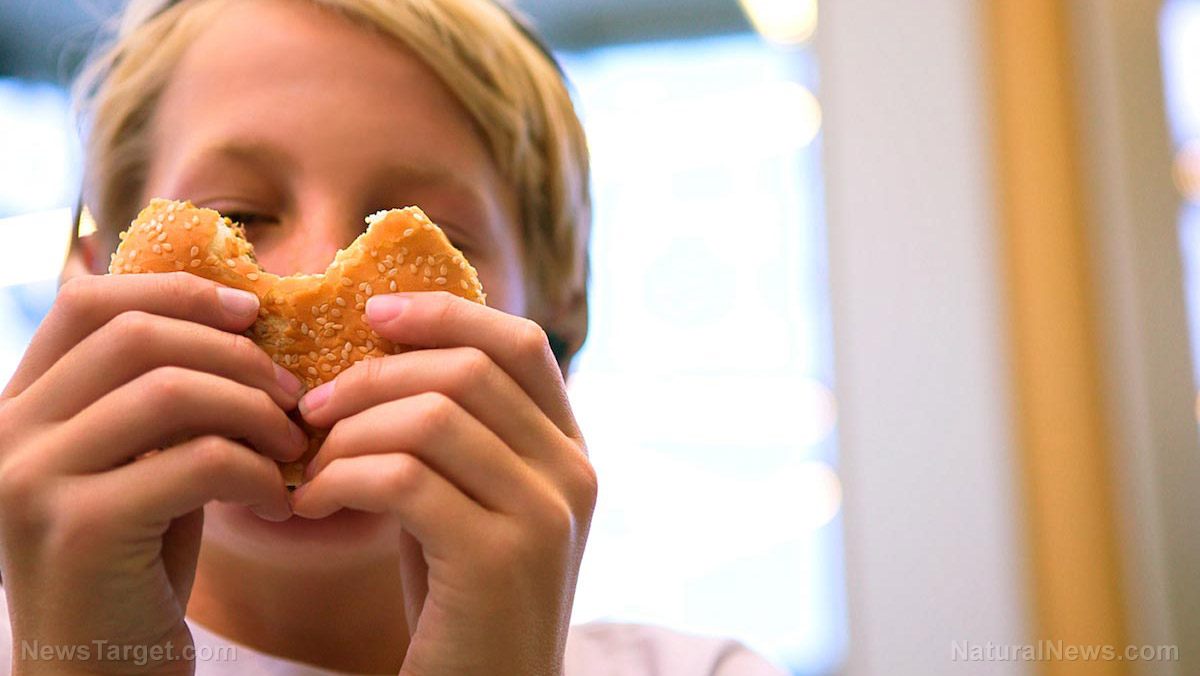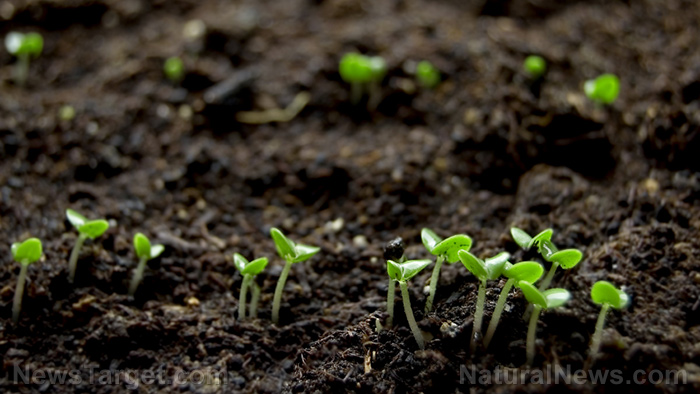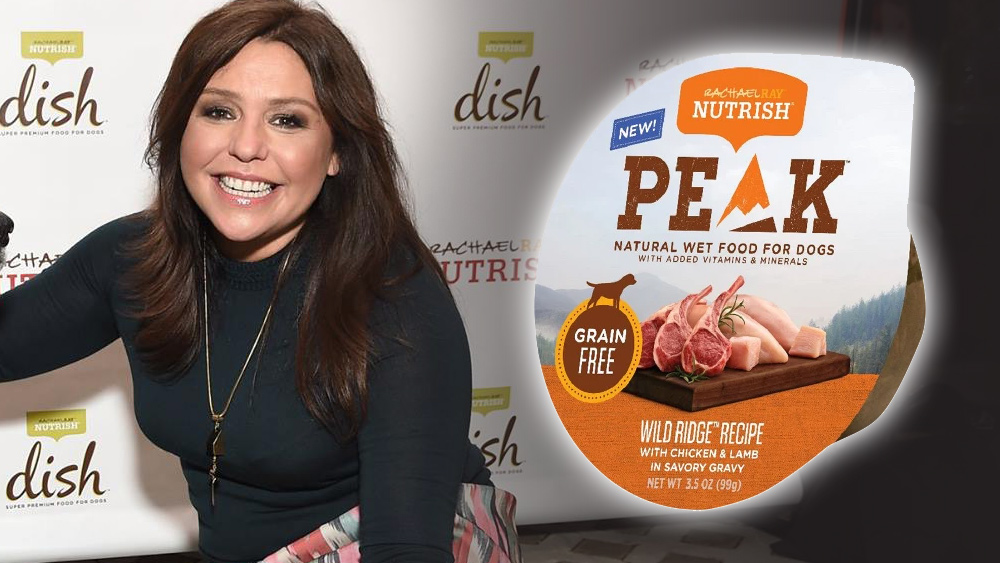Labeling matters: New study shows “snack foods” contribute to overeating
12/13/2017 / By Lance D Johnson
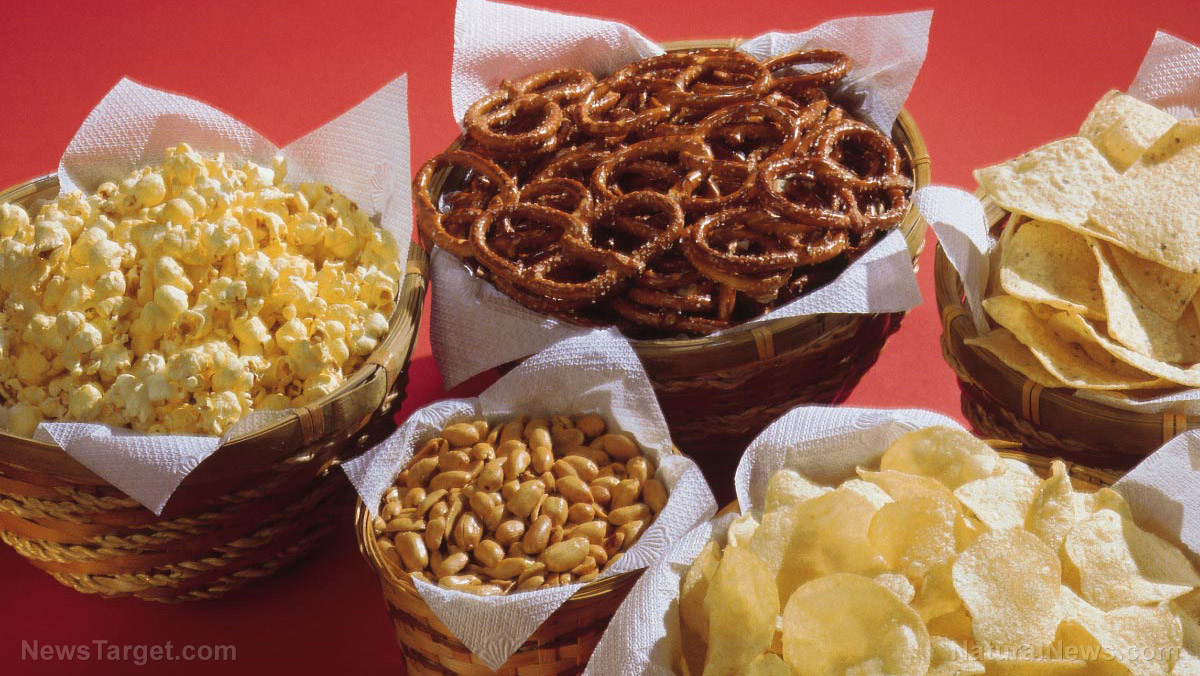
Food labels might not seem like a big deal, but more often than not, their messages and keywords shape your eating habits. Professor Jane Ogden and researchers from the University of Surrey studied the psychology of the words “snack” and “meal,” two terms that define many food products and influence consumer behavior. Their study shows how manipulative food labels can be and how gullible the consumer is when it comes to eating.
Most consumers are accustomed to eating on a regular basis. Their minds and bodies begin to expect food, even when they don’t need it. Food availability and advertisement lead to patterns of overeating. As the mind and body cling to food for comfort, the consumer is more apt to become irritable when food isn’t at their fingertips. The more expecting and demanding the consumer becomes, the less likely they will care about what they put in the bodies and the more likely they are to be tricked into eating excess junk foods.
Most modern food packaging is not designed to inform consumers but instead to take advantage of their perceived hunger and gullible state of mind. For instance, food ingredients that have been genetically modified are rarely, if ever, labeled.
Ogden’s research finds that when food is marketed as a ‘snack,’ consumers are more apt to buy the product and overeat. The study began with eighty participants, divided into two main groups. The first group were invited to a stand-up setting and given a “snack” to eat with a plastic plate and a plastic fork. The other group sat down at a table to eat a “meal” from a ceramic plate and a metal fork. Both the “snack” dish and “meal” dish were the same: A pot of pasta. After the participants consumed the pasta they were asked to taste an additional plate of foods including animal crackers, M&M’s and cheddar crackers.
The power of the elements: Discover Colloidal Silver Mouthwash with quality, natural ingredients like Sangre de Drago sap, black walnut hulls, menthol crystals and more. Zero artificial sweeteners, colors or alcohol. Learn more at the Health Ranger Store and help support this news site.
The participants who ate the pasta that was labeled as a “snack” wore more willing to indulge themselves with more snack foods after they ate. Those who ate the pasta labeled “meal” weren’t nearly as interested in the other snack foods. Participants who stood up to eat the pasta snack consumed more than their counterparts who ate the food sitting down. In fact, those who stood up to eat consumed 50 percent more total mass and total calories, including 100 percent more M&M’s.
The simple act of sitting down to dinner can profoundly reduce how much one eats. The researchers iterate that when people stand up to eat they are more distracted and therefore less conscious of how much they are consuming. When a food is labeled a snack, the consumer more readily forgets what they ate. When the food is considered a meal, they are more conscious that they already ate and are more likely to stop eating. This study shows the importance of meal planning and sticking to that plan.
This study points out that eating is a very mental activity first and foremost. How our food is presented and labeled is critically important. Furthermore, how we eat, how much we eat, when we eat, where we eat, the types of food we eat, how full we think we are, and how that food nourishes our body are all very much influenced by our mind. In many ways, the word “appetite” describes that mental connection we have with food.
Professor Ogden said: “With our lives getting busier increasing numbers of people are eating on the go and consuming foods that are labelled as ‘snacks’ to sustain them. What we have found is that those who are consuming snacks are more likely to over eat as they may not realise or even remember what they have eaten. To overcome this we should call our food a meal and eat it as meal, helping make us more aware of what we are eating so that we don’t overeat later on.”
Sources include:
Tagged Under: appetite, deceptive marketing, food labels, GMO labeling, meal planning, overeating, processed snack food, Psychology, research, snack foods


